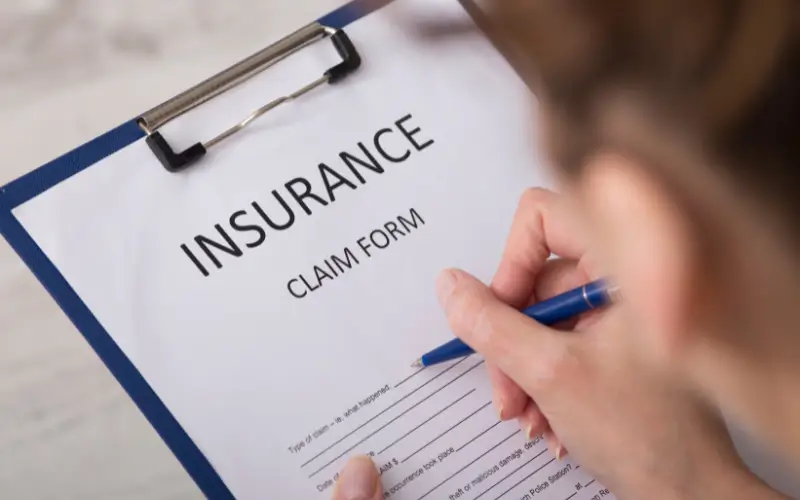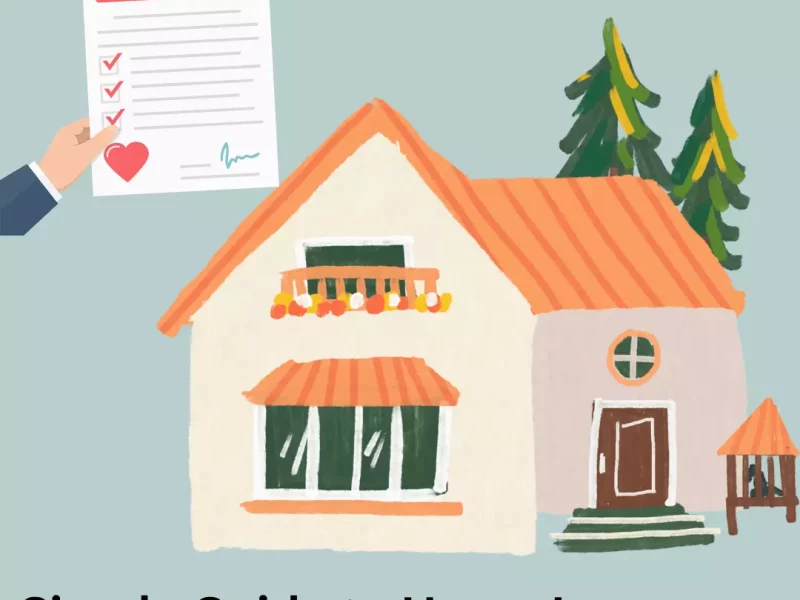Food poisoning is an unpleasant and often distressing experience. Whether it strikes after a meal at a fancy restaurant or a quick bite from a takeaway, it can lead to serious illness, lost income, and even long-term health issues. In such situations, many wonder: can you file an insurance claim for food poisoning? The answer isn’t always straightforward and depends on a mix of legal, medical, and procedural factors.
Below, we explore the top five answers to this question—each addressing a different aspect that can help you determine whether you’re eligible to make a claim and how to go about it.
Yes, You Can File a Claim – But You Need to Prove Negligence
If you’ve suffered from food poisoning and want to pursue compensation, the first thing to establish is that someone else was at fault. Under UK law, businesses have a legal obligation to adhere to strict standards of food hygiene and safety. When these are breached—such as through improper storage, cross-contamination, or expired ingredients—affected individuals may have a valid case.
To successfully file a claim, you need to prove that the food provider breached their duty of care and that this directly caused your illness. This involves documenting the meal consumed, retaining receipts, and ideally securing a medical diagnosis that links your symptoms to the suspected food. Witness statements and similar reports from others who dined with you can also strengthen your case.
Insurance Coverage May Apply – But It Depends on the Policy
Whether you can claim under insurance will largely depend on the type of coverage involved. In personal scenarios, your own health or travel insurance may cover medical treatment costs, especially if you were travelling abroad. However, these policies may not provide compensation for pain, suffering, or loss of earnings.
If you were affected during a business lunch, company event, or catered function, the business’s liability insurance could come into play. Most restaurants, caterers, and food manufacturers carry public liability insurance that covers third-party claims, including those stemming from food hygiene and safety violations. Claims against such policies can cover a broader range of damages—including loss of income and legal expenses.
You’ll Need Strong Medical Evidence
Regardless of how compelling your story is, it’s difficult to win a food poisoning claim without medical evidence. Seeing a doctor as soon as symptoms arise is critical. The medical report must detail your symptoms, likely cause, and the timeline of events. If lab tests can identify the pathogen (e.g., Salmonella, E. coli, Campylobacter), this can significantly bolster your claim.
Time is of the essence. Not only for treatment but also because pathogens can leave the system quickly, making lab confirmation harder. Immediate action also prevents any implication that your illness may have originated elsewhere. Keep track of any hospital visits, medication, time off work, and follow-up appointments to demonstrate the full impact of the illness.
Claims Can Be Filed Through Solicitors or No-Win, No-Fee Services
You don’t have to navigate the claims process alone. Many UK law firms specialise in personal injury claims and offer no-win, no-fee arrangements. These firms handle the paperwork, gather evidence, communicate with insurers, and represent you in negotiations or court if needed.
When choosing legal support, select firms that are experienced in food-related cases. They’ll understand the nuances involved—from interpreting food safety inspection records to consulting medical experts. In addition to legal firms, there are claims management companies that can guide you through the process. However, it’s essential to review any service fees or commission rates involved before proceeding.
For those in the hospitality industry, it’s worth noting that organisations like Essential Food Hygieneare one of the top providers of food hygiene courses, helping businesses avoid these legal pitfalls in the first place.
There Are Strict Time Limits and Procedural Steps
In the UK, you generally have up to three years from the date of illness (or the date you became aware of it) to make a personal injury claim. For children, the timeline can extend until their 21st birthday. However, it’s always recommended to act quickly—memories fade, evidence gets lost, and health inspectors may not retain relevant reports for long periods.
Start by reporting the incident to the local council’s environmental health team. They can investigate the establishment and gather independent findings. This not only supports your claim but may also help prevent future cases. Some insurers may require proof of this report before processing a claim. Additionally, taking food hygiene and safety courses can equip individuals and businesses alike with practical knowledge to prevent such scenarios entirely.
Know Your Rights – and Take Action When It Counts
Filing an insurance claim for food poisoning is possible, but it requires preparation, proof, and persistence. Whether you’ve suffered a mild stomach upset or a hospitalising infection, don’t dismiss your rights—particularly if the illness resulted from negligence or substandard food handling.
By taking early action, seeking medical advice, and documenting everything thoroughly, you’ll stand a better chance of getting the compensation you deserve. If you’re in the food business, continuous training and resources can make all the difference. So whether you’re a diner, traveller, or caterer, awareness is your strongest tool—because protecting health should never be an afterthought.




